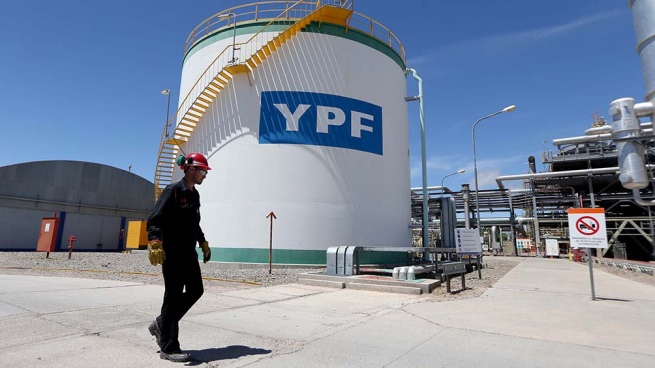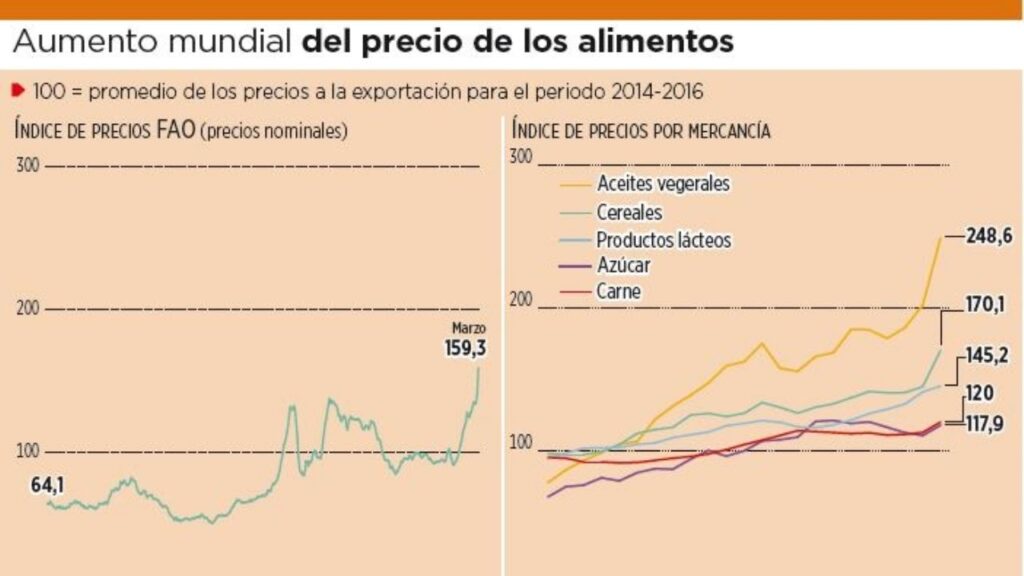The Minister of Economy, Martín Guzmán, assured that the “strategic decision” to expropriate YPF shares held by the Spanish company Repsol in 2012 “It was an act of sovereignty that changed the dynamics of the sector” and that allowed Argentina to be on the way to “building energy sovereignty.”
“Today we can talk about building energy sovereignty because a strategic decision was made 10 years ago. Today Vaca Muerta is as important as it is because of that very decision.. Recovering YPF was an act of sovereignty that changed the dynamics of the sector,” said Guzmán, a decade after the announcement of the expropriation of 51% of YPF shares belonging to the Spanish oil company Repsol, which days later would be ratified by Congress. National.
In that sense, he pointed out that this measure allowed a “notable increase in investment to start up the productive development of Vaca Muerta, the world’s second largest unconventional gas reserve and the fourth unconventional oil reserve. And thus, changing energy history of our country.”
“Today we can talk about building energy sovereignty because a strategic decision was made 10 years ago. Today Vaca Muerta is as important as it is because of that very decision.”

“After a new stage of disinvestment and decline since the end of 2015YPF is going through a remarkable recovery processwith the largest investment program in the last five years (USD 3.7 billion),” the minister wrote on his Twitter account.
Today we can talk about building energy sovereignty because a strategic decision was made 10 years ago. Today Vaca Muerta has the importance it has for that very decision. Recovering YPF was an act of sovereignty that changed the dynamics of the sector. pic.twitter.com/VqX7xq1YBX
– Martin Guzman (@Martin_M_Guzman) April 17, 2022
And he stated: “When YPF grows, the entire national energy industry is strengthened.”
Finally, he stressed that “today Argentina faces a great opportunity to accelerate energy development, which would be transformational for our production system and economic stability.”
“The decision on YPF on April 16, 2012 allows this path to be possible 10 years later”hill.
At the beginning of April, YPF directors affirmed in a meeting with Guzmán and other ministry authorities that, with the promotion of new infrastructure works, the company could produce more than one million barrels of crude oil per day and 150 million m3 by 2026. /d of natural gas, generate more than US$ 10,000 million annually in energy balance surplus and promote more than US$ 40,000 accumulated in five years of upstream and downstream investments.


















